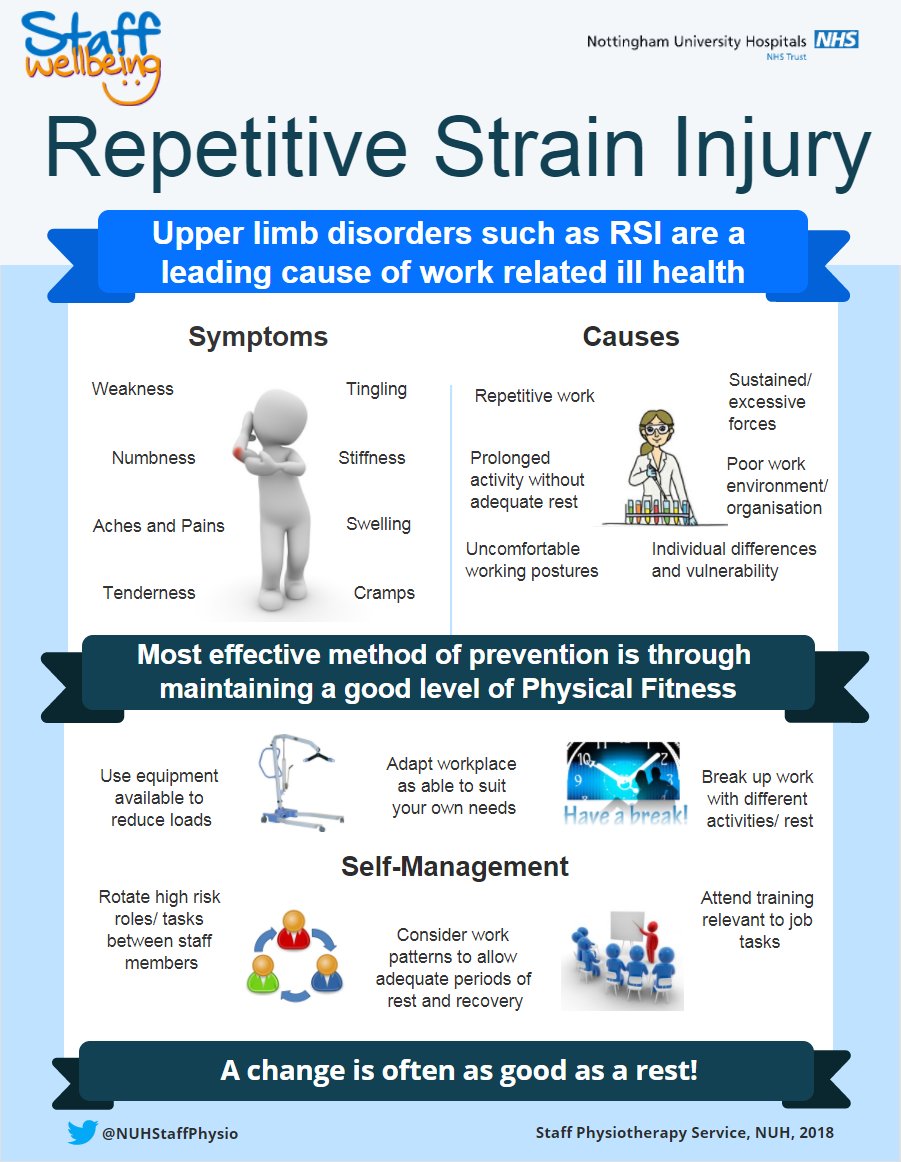Understanding The Fragile Equilibrium Of Assistance In Child Therapy Can Change Your Child's Experience-- Uncover The Necessary Do's And Do N'ts To Guide You

Content Created By-Brink Henderson
As a parent, your involvement in the child therapy procedure is essential. You can develop a risk-free space for your child to share their feelings and thoughts. It is necessary to interact freely, but you likewise need to know when to go back. Balancing support and self-reliance can be complicated. Comprehending the do's and do n'ts of your function can significantly affect your child's experience. So, what should you concentrate on to make sure a positive end result?
Understanding Your child's Requirements and Feelings
Recognizing your child's needs and feelings is important, specifically when they're browsing intricate feelings. You intend to produce a setting where they really feel safe to express themselves.
Take notice of their body movement and tone; these can reveal unspoken ideas. Motivate them to share their feelings, even if they struggle to discover the appropriate words. Recognize their emotions without judgment-- this validates their experiences and cultivates trust.
Bear in mind, youngsters often do not understand how to express what they're really feeling, so persistence is vital. Be proactive in observing changes in habits or mood, as these can signal underlying problems.
Interacting Efficiently With Your child and Therapist
Efficient interaction with your child and their counselor is important for promoting an encouraging atmosphere. Begin by motivating open discussion in the house. Ask your child regarding their counseling sessions without pressing them for information. Program interest in their feelings and thoughts, enhancing that it's fine to share and share emotions.
When you consult with the counselor, be truthful about your concerns and observations. Share any modifications you have actually observed in your child's actions, and listen attentively to the therapist's insights. This collaboration aids produce a constant strategy to your child's demands.
Knowing When to Go Back and Permit Self-reliance
While it's all-natural to intend to be involved in your child's trip through counseling, recognizing when to go back and let them browse their own path is vital.
Encourage your child to express their thoughts and sensations separately, which promotes individual growth and strength. Trust the therapist to assist your child, permitting them to construct a risk-free room for exploration.
You can support their freedom by refraining from overanalyzing sessions or pressing them to share every detail. Rather, concentrate on producing https://mgyb.co/s/fDtks supporting setting at home where they feel comfortable discussing their experiences on their terms.
Conclusion
In conclusion, your participation in your child's therapy journey is vital, however finding the appropriate balance is essential. Urge them to share their sensations while respecting their space and the counselor's duty. Trust in the procedure and stay clear of prying for details, as this can suppress their openness. By fostering freedom and keeping open communication, you can strengthen your bond and support your child's emotional growth throughout this important experience.

